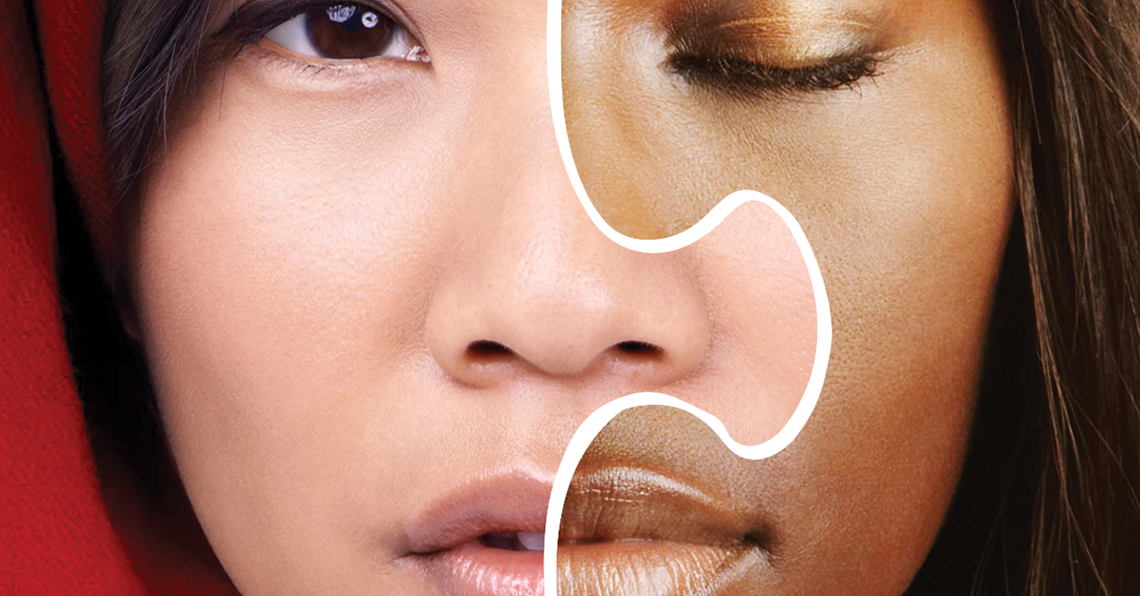
Adrienne Clarkson on Aboriginal Circles
Throughout National Aboriginal History Month we’ll be highlighting works about Aboriginal history, including book excerpts, illustrator interviews, and author guests posts. The following is an excerpt from Belonging by Adrienne Clarkson.
Aboriginal circles in Canada emphasize that inclusiveness is a form of expansion. In 1977, testifying before the Royal Commission on the Northern Environment, Grand Chief John Kelly described how the Ojibway were cheated by Treaty 3, originally signed in 1873 by the Ontario government while the federal government stood by. Kelly pointed out that we work together by enlarging, by allowing people to join the circle, not by hierarchy, nor by sheer will and force of power:
Despite being robbed time and again by the government and more recently by industry, we still possess certain things of value which the white man covets. We have learned through the experi-ence that wherever Indians possess or control anything economically valuable, there will be always those who will attempt to steal it. . . . Each time [we are promised] perpetual repose and gluttony . . . [we are left] with famine and disease. It also appears that, as the years go by, the circle of the Ojibway gets bigger and bigger. Canadians of all colours and religions are entering that circle. You might feel that you have roots somewhere else, but in reality, you are right here with us. I do not know if you feel the throbbing of the land in your chest and if you feel the bear is your brother with a spirit purer and stronger than yours, or if the elk is on a higher level of life than is man. You may not share the same spiritual anguish as I see the earth ravaged by a stranger, but you can no longer escape my fate as the soil turns barren and the rivers poison. Much against my will, and probably yours, time and circumstance have put us together in the same circle. And so I come not to plead with you to save me from the monstrous stranger of capitalist greed and technology. I come to inform you that my danger is your danger too. My genocide is your genocide. To commit genocide it is not necessary to build camps and ovens. All that is required is to remove the basis for a way of life.
What we understand from this statement is that a circle allows everyone to see each other, touch each other, and lose fear of each other. The Other is no longer separate, no longer above or beneath, no longer unknown, but a part of the greater circle. In a circle we do not have to ask “Who is my neighbour?” because our neighbour is right beside us and across from us, and each of us just has to let go of a hand in order to let them in. In a circle we have to listen to each other’s stories. In a circle we have to meet as persons, and we have to acknowledge that we share a culture or a heritage or even just the land we are standing on. And we cannot deny to others the right to belong. It is the most profound acknowledgement of our belonging to the human race.
As part of the circle, we belong to the same ring of being; we take our place and let others do the same. This neutral, unconditional acceptance is the basis of the kind of society we are creating in this country. Society, the network of groups, allows us security in numbers and a context for inevitable struggle. The joy of working with others should be in the effort of working together, not in the scramble to gain power, praise, or pleasure. Aboriginal life emphasizes mutual dependence, which is the ecology of human relationships. One form of life exists in relationship with all other forms, so that a bear or a salmon can become a human being or a tree. This is the most concrete and powerful iteration of the interdependence that we call belonging to each other, being part of a whole. The circle opens to include us, for better or worse. The circle implies a common fate that we share and that we acknowledge. Your destiny is my destiny.
Never has the world experienced greater movement of peoples from one country to another, from one continent to another. These seismic shifts in population have brought about huge challenges for all societies. In this year’s Massey Lectures, Canada’s twenty-sixth Governor General and bestselling author Adrienne Clarkson argues that a sense of belonging is a necessary mediation between an individual and a society. She masterfully chronicles the evolution of citizenship throughout the ages: from the genesis of the idea of the citizen in ancient Greece, to the medieval structures of guilds and class; from the revolutionary period which gave birth to the modern nation-state, to present-day citizenship based on shared values, consensus, and pluralism. Clarkson places particular emphasis on the Canadian model, which promotes immigration, parliamentary democracy, and the rule of law, and the First Nations circle, which embodies notions of expansion and equality. She concludes by looking forward, using the Bhutanese example of Gross National Happiness to determine how we measure up today and how far we have to go to bring into being the citizen, and the society, of tomorrow.


